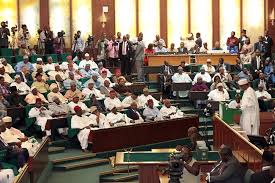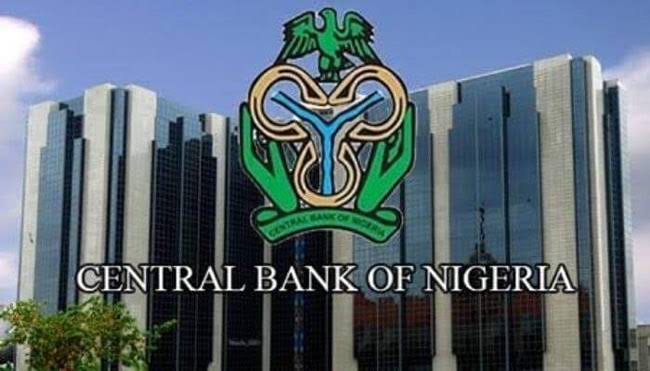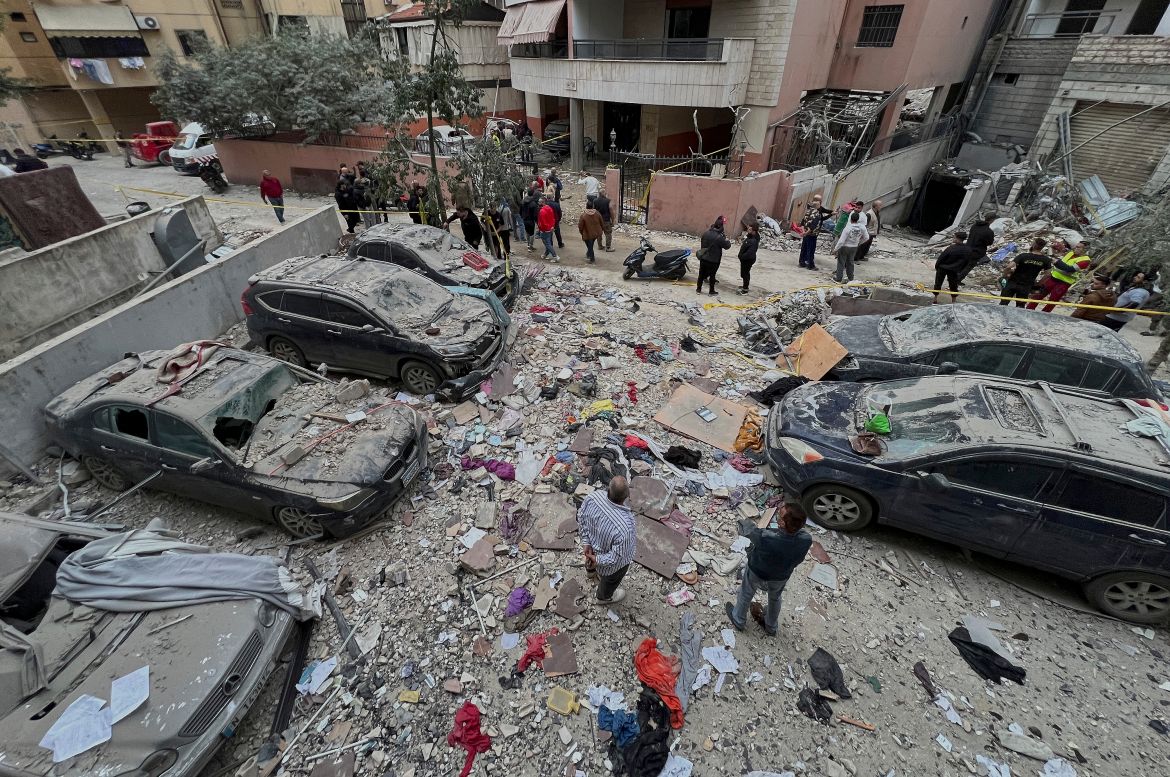The Nigerian Senate has approved President Bola Tinubu’s request to impose a state of emergency in Rivers State, sparking widespread criticism. The approval, reached through a voice vote, has been labeled unconstitutional by opposition leaders, activists, and civil society groups.
Senate Approves Emergency Rule Behind Closed Doors
The decision was made on Thursday after a closed-door session, where lawmakers debated the President’s request. Senate President Godswill Akpabio read Tinubu’s letter before calling for a voice vote, which was affirmed by the majority.
“The Senate, invoking the powers conferred on it by Section 305 (2) of the 1999 Constitution as amended, approves the proclamation of a state of emergency in Rivers State as declared by Mr. President,” Akpabio announced.
The emergency rule will last six months but can be reviewed or terminated by the President at any time. The Senate also resolved to set up a joint ad hoc committee to oversee the administration of Rivers State and recommended forming a committee of “eminent Nigerians” to mediate between the rival factions in the state government.
Suspension of Governor, State Assembly Members
Tinubu’s letter to the Senate declared that:
- Governor Siminalayi Fubara, his deputy, and the State House of Assembly members would be suspended from office.
- Retired Vice Admiral Ibok-Ete Ibas was appointed Administrator of the state.
- The emergency rule was necessary to restore governance and resolve the crisis in Rivers State.
“No responsible President will stand by without taking action,” Tinubu said in a nationwide broadcast.
Senator Dickson Walks Out in Protest
During deliberations, Senator Seriake Dickson (PDP, Bayelsa West) raised concerns about the emergency rule process, arguing that the removal of elected officials was not part of the constitutional provisions.
“The framers of the Nigerian Constitution took their time to regulate the conditions under which it can be imposed. None of these conditions talk about removing elected officials,” Dickson said.
Following the closed-door session, he walked out of the chamber before the final vote.
Backlash Over ‘Rubber Stamp’ National Assembly
The Senate’s decision has triggered strong reactions from political figures and civil society groups:
- Peter Obi, Labour Party’s 2023 presidential candidate, called the voice vote unconstitutional:“The Constitution is clear that this cannot be done through a voice vote but by calling individual senators to answer ‘yes’ or ‘no.’”
- Aisha Yesufu, activist and co-founder of Bring Back Our Girls, also condemned the vote:“Two-thirds must be two-thirds of human beings counted and their signatures appended. ‘Nay’ and ‘Yay’ will not work here.”
- Shehu Sani, former senator, urged for dialogue:“The gladiators in Rivers must put the interests of the people first. Rivers is an example of a rich man who has no peace in his home.”
- Civil society groups labeled the National Assembly a “rubber stamp” for approving emergency rule without an open debate:“Behind closed doors, they sealed the fate of Rivers State. No debate, no transparency—just a rubber stamp. This is not democracy!”
Additionally, South-South governors and Atiku Abubakar have rejected the move, demanding a constitutional and transparent resolution to the crisis.
What’s Next?
With Rivers State under emergency rule, governance will be under the direct administration of the appointed administrator, pending any legal challenges or public resistance. The situation remains fluid as opposition voices grow louder against the move.








Leave a Reply to Mmeyene bassey Cancel reply